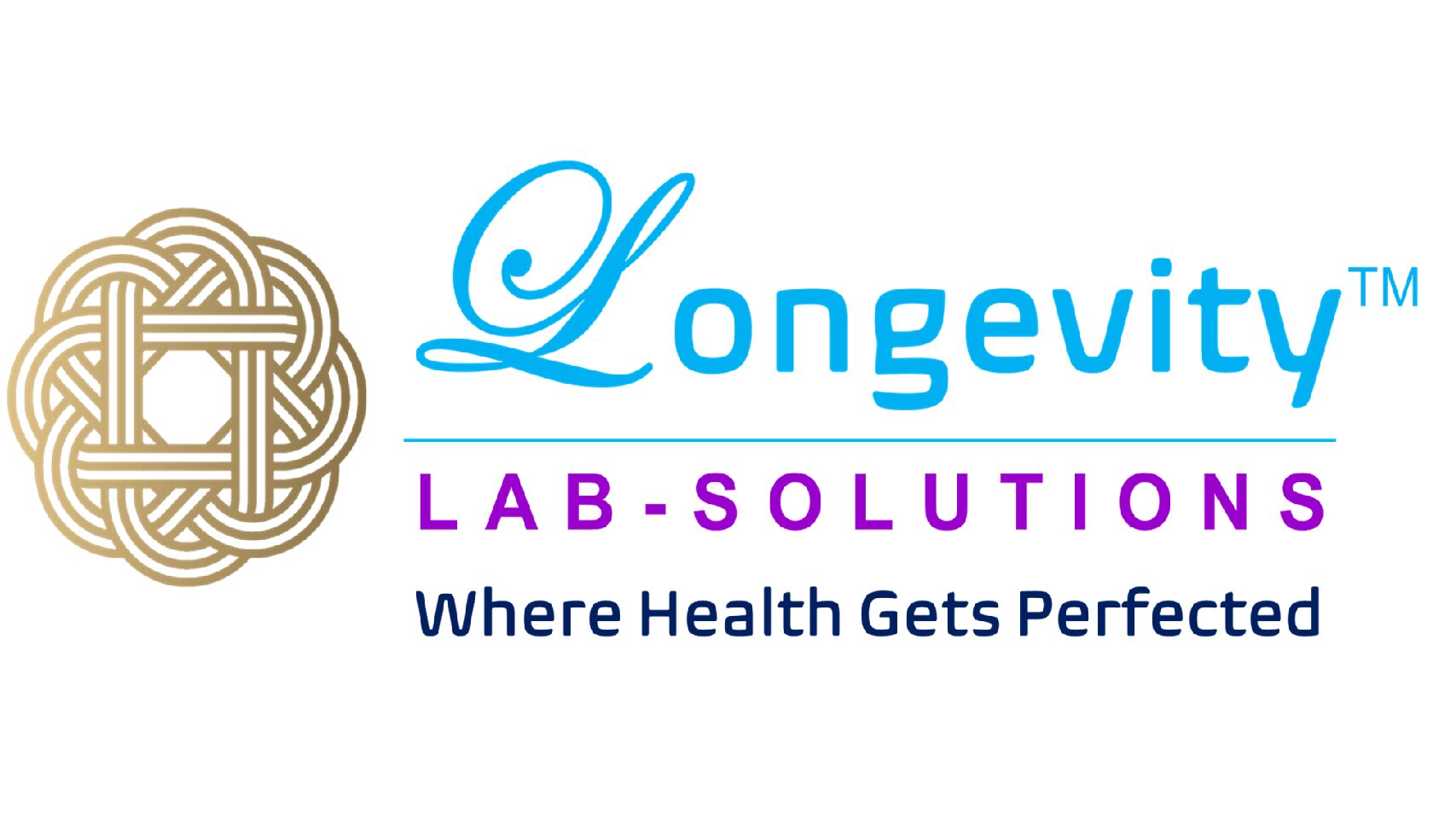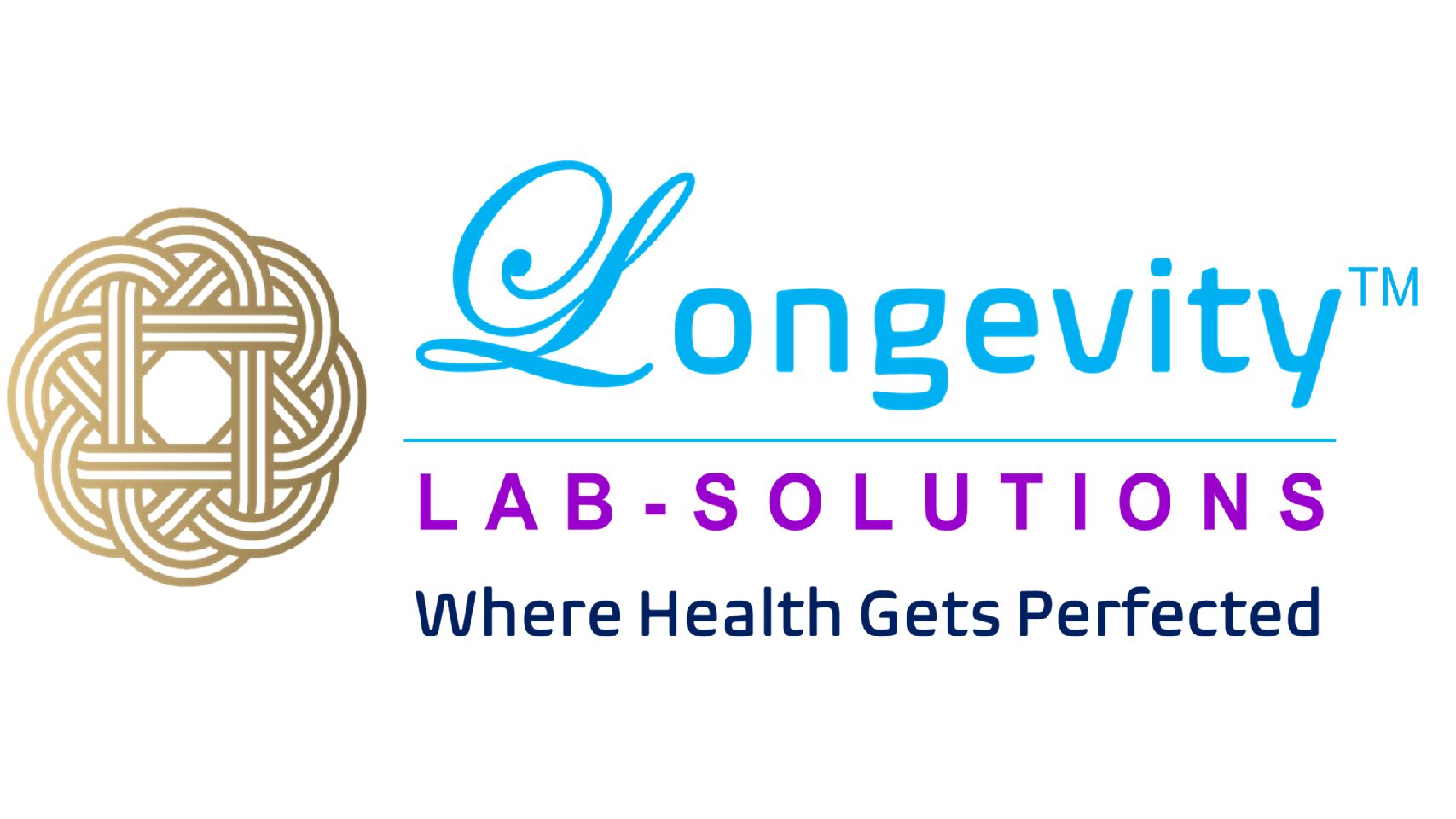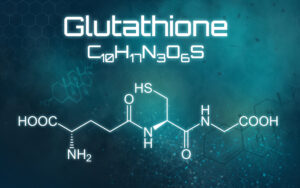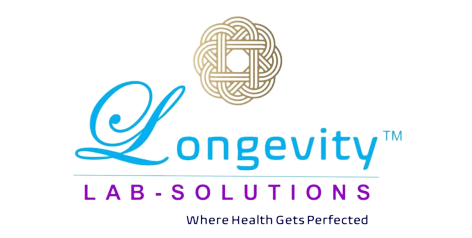Description
Analytes Tested
58 Analytes Tested
- ALBUMIN
- ALBUMIN/GLOBULIN CALCULATED
- ALKALINE PHOSPHOTASE
- ALT
- AST
- BASO#
- BASO%
- BILIRUBIN DIRECT
- BILIRUBIN TOTAL
- BUN
- BUN/CREAT CALCULATED
- CALCIUM
- CARBON DIOXIDE
- CHLORIDE
- CHOLESTEROL/HDL CALCULATED
- CHOLESTEROL (TOTAL)
- CREATININE
- CRP
- EGFR
- EO#
- EO%
- FERRITIN
- FOLATE
- GLUCOSE
- HBA1C
- HCT
- HDL
- HGB
- HOMOCYSTEINE
- INSULIN
- LDH
- LDL CALCULATED
- LYMPH#
- LYMPH%
- MAGNESIUM
- MCH
- MCHC
- MCV
- MONO#
- MONO%
- MPV
- NEUT#
- NEUT%
- PLT
- POTASSIUM
- PROTEIN, TOTAL
- RBC
- RDW
- RDW-SD
- SODIUM
- TRIGLYCERIDES
- TSH
- URIC ACID
- URINALYSIS
- VITAMIN B 12
- VITAMIN D
- VLDL CALCULATED
- WBC
General Health Markers
General Health Markers
- Comprehensive Metabolic Panel (CMP)
- Lipid Panel
- Complete blood count (CBC)
- Urinalysis
General health markers, often checked through routine blood tests and health screenings, give a snapshot of a person’s overall health and can help detect potential health issues early. Here are some key general health markers:
-
Complete Blood Count (CBC): This test provides information about different cells in the blood, such as red blood cells, white blood cells, and platelets. It can detect conditions like anemia, infection, and other disorders.
-
Blood Pressure: High blood pressure (hypertension) is a risk factor for heart disease and stroke. Normal blood pressure is typically around 120/80 mmHg.
-
Body Mass Index (BMI): This calculation, based on weight and height, can indicate whether a person is underweight, at a healthy weight, overweight, or obese. However, it doesn’t account for muscle mass, so it’s not accurate for everyone.
-
Waist Circumference: This measurement can indicate risk for conditions associated with obesity, such as type 2 diabetes, high blood pressure, and heart disease, especially when used in combination with BMI.
-
Cholesterol Levels: Both high-density lipoprotein (HDL, or “good”) cholesterol and low-density lipoprotein (LDL, or “bad”) cholesterol are important markers of heart health. Triglycerides, another type of fat, are also typically measured.
-
Blood Glucose: High fasting blood glucose levels can be a sign of prediabetes or diabetes. Hemoglobin A1c, which reflects average blood glucose over the past few months, is another important marker.
-
Liver Function Tests: These tests measure levels of proteins, liver enzymes, and bilirubin to gauge liver health.
-
Kidney Function Tests: These often include measurements of creatinine and urea (BUN) in the blood, as well as the estimated glomerular filtration rate (eGFR), which indicates how well the kidneys are filtering waste.
-
Electrolytes and Minerals: This includes measurements of sodium, potassium, calcium, and magnesium, which are important for many body functions.
-
Vitamin Levels: Certain vitamins, like B12 and D, can be measured in the blood to detect potential deficiencies.
-
Inflammatory Markers: These include C-reactive protein (CRP) and erythrocyte sedimentation rate (ESR), which can indicate inflammation in the body.
-
Thyroid-Stimulating Hormone (TSH): This hormone is produced by the pituitary gland and stimulates the thyroid to produce hormones that regulate the body’s metabolism. Abnormal levels can indicate thyroid disease.
Remember, it’s essential to discuss these results and their implications with a healthcare provider who can interpret them in the context of your overall health, lifestyle, and medical history.
Cardiovascular & Inflammation Risk Markers
Cardiovascular Markers Tested
- Homocysteine
- C-Reactive Protein
Cardiovascular risk markers are factors or conditions that increase the likelihood of developing cardiovascular diseases, which include conditions like coronary artery disease, heart attacks, strokes, and heart failure. Understanding these markers can help individuals and healthcare providers make lifestyle or treatment modifications to reduce risk.
Here are some key cardiovascular risk markers:
- Hypertension (High Blood Pressure): This is one of the most significant risk markers. Chronic high blood pressure puts strain on the heart and blood vessels, which can lead to heart disease.
- Hyperlipidemia (High Cholesterol and Triglycerides): High levels of low-density lipoprotein (LDL, or “bad” cholesterol), low levels of high-density lipoprotein (HDL, or “good” cholesterol), and high levels of triglycerides can lead to the buildup of plaques in the arteries, a condition called atherosclerosis, which increases the risk of heart disease and stroke.
- Diabetes and Prediabetes: These conditions can damage blood vessels and nerves that control the heart. The higher the levels of blood sugar, the higher the risk.
- Obesity/Overweight: Excess weight, particularly around the abdomen, can increase the risk of heart disease.
- Smoking: It’s a significant risk factor for heart disease. Chemicals in tobacco can damage the heart and blood vessels, leading to narrowing of the arteries (atherosclerosis).
- Physical Inactivity: Regular physical activity can lower many heart disease risk factors, including LDL (“bad”) cholesterol, high blood pressure, and excess weight.
- Age: Aging increases the risk of damaged and narrowed arteries and weakened or thickened heart muscle.
- Family History of Heart Disease: Genetics can play a role in heart disease risk. If a first-degree relative (parent or sibling) has had heart disease at an early age, your risk might be higher.
- Inflammatory markers: Some blood tests measure levels of certain proteins (like C-reactive protein) that rise in response to inflammation. High levels are associated with an increased risk of heart disease.
- Unhealthy Diet: A diet high in saturated and trans fats, salt, and sugar can increase the risk of heart disease.
- Mental Stress and Depression: These are associated with higher risk of heart disease.
Each of these factors can be measured or assessed during regular check-ups. If you have one or more of these risk markers, it doesn’t mean that you will definitely develop heart disease, but the more risk factors you have, the greater your likelihood. Understanding these markers can help you take steps to reduce your risk.
Insulin Resistance Markers
Insulin Resistance Markers Tested
- Hemoglobin A1C (HbA1C)
- Glucose
- Insulin
- Ferritin
- Uric Acid
Insulin resistance is a condition in which the body’s cells become less responsive to the hormone insulin, which is responsible for regulating blood sugar levels. When the body is resistant to insulin, it needs more of this hormone to accomplish the same blood sugar lowering effect. If left unchecked, insulin resistance can lead to type 2 diabetes and is a component of metabolic syndrome, which increases the risk for heart disease.
Certain markers can indicate insulin resistance:
-
High Fasting Blood Glucose: In the context of insulin resistance, your body may struggle to keep your blood glucose level within a healthy range (70 to 99 milligrams per deciliter, or mg/dL). A fasting blood glucose level of 100 to 125 mg/dL indicates prediabetes, and a level of 126 mg/dL or higher indicates diabetes.
-
High Fasting Insulin Levels: Even if blood glucose levels are still within the normal range, high insulin levels can indicate that the body is producing more insulin to compensate for insulin resistance.
-
Hemoglobin A1c (HbA1c): This test measures the average blood sugar level over the past 2 to 3 months. A level of 5.7% to 6.4% is considered prediabetes, and a level of 6.5% or higher on two separate tests indicates diabetes.
-
High Triglycerides: Triglycerides are a type of fat (lipid) in your blood. High levels (150 milligrams per deciliter (mg/dL) or higher, or being on medication to treat high levels) may indicate insulin resistance.
-
Low High-Density Lipoprotein (HDL): HDL is often referred to as “good” cholesterol because it helps remove other forms of cholesterol from your bloodstream. Low levels (less than 40 mg/dL for men, less than 50 mg/dL for women, or being on medication to treat low HDL) can be a sign of insulin resistance.
-
Elevated Blood Pressure: High blood pressure (130/85 millimeters of mercury (mm Hg) or higher, or being on medication to treat high blood pressure) can be a marker of insulin resistance.
-
Increased Waist Circumference: A large waist circumference (greater than 40 inches in men and greater than 35 inches in women) indicates central obesity, which is linked to insulin resistance.
-
High C-Reactive Protein (CRP): Elevated levels of CRP, a protein that rises in response to inflammation, have been associated with insulin resistance.
-
Hyperuricemia (High Uric Acid Levels): Some research suggests that high uric acid levels may be associated with insulin resistance.
Please note that these markers should be evaluated by a healthcare professional. If you have one or more of these markers, it doesn’t necessarily mean you have insulin resistance, but it might indicate a need for further testing or lifestyle adjustments. Always consult with your healthcare provider for accurate diagnosis and treatment.
Thyroid Stimulating Hormone (TSH)
Thyroid Stimulating Hormone (TSH)
TSH, or thyroid-stimulating hormone, is a hormone that is produced and released by the pituitary gland in your brain. TSH stimulates the thyroid gland to produce two hormones: thyroxine (T4) and triiodothyronine (T3), which are crucial for the body’s metabolism and for growth and development in children.
When the levels of T4 and T3 are low in the body, the pituitary gland increases production of TSH to stimulate the thyroid to produce more thyroid hormones. Conversely, when T4 and T3 levels are high, the pituitary decreases TSH production.
A blood test that measures TSH is a common tool to check thyroid function.
-
High levels of TSH may indicate that the thyroid is not producing enough thyroid hormones, a condition known as hypothyroidism. Symptoms may include fatigue, weight gain, dry skin, depression, and sensitivity to cold.
-
Low levels of TSH may suggest the thyroid is producing too much thyroid hormone, a condition known as hyperthyroidism. Symptoms may include weight loss, rapid heart rate, nervousness, anxiety, and sensitivity to heat.
However, TSH levels alone don’t give a complete picture of thyroid health. Depending on the symptoms and the TSH results, healthcare providers may also measure levels of T4 and T3, and may check for antibodies that could suggest an autoimmune thyroid condition like Hashimoto’s disease or Graves’ disease. As with any health concern, it’s important to consult with a healthcare provider for appropriate evaluation and treatment.
Vitamins & Micronutrients
Vitamins Tested
- Vitamin B12
- Folate
- Vitamin D, 25-hydroxy
- Magnesium
Vitamins and micronutrients are substances that are crucial to our bodies’ proper functioning. While needed only in small amounts, they play significant roles in human health and development.
Vitamins are divided into two types:
-
Fat-soluble vitamins, which are stored in the body’s fatty tissue. These include vitamins A, D, E, and K. They are typically consumed along with fats, which aids their absorption.
-
Water-soluble vitamins, which need to be consumed more regularly because they are not stored in the body. These include vitamin C and the B-vitamins (thiamine (B1), riboflavin (B2), niacin (B3), pantothenic acid (B5), pyridoxine (B6), biotin (B7), folate (B9), and cobalamin (B12)).
Micronutrients include both vitamins and minerals. Minerals are inorganic substances that are also crucial for health. They include:
-
Macrominerals, which the body needs in larger amounts. These include calcium, phosphorus, magnesium, sodium, potassium, chloride, and sulfur.
-
Trace minerals, which the body needs in smaller amounts. These include iron, manganese, copper, iodine, zinc, cobalt, fluoride, and selenium.
Each vitamin and mineral plays unique roles in the body:
- For example, vitamin A is essential for vision and immune function.
- B vitamins are critical for energy production.
- Vitamin C acts as an antioxidant and is necessary for collagen synthesis.
- Vitamin D helps the body absorb calcium for bone health.
- Calcium is necessary for bone health and proper function of heart, muscles, and nerves.
- Iron is essential for the creation of red blood cells and transporting oxygen throughout the body.
It’s typically best to get these nutrients from a balanced diet, as they often work synergistically and absorption can be more efficient from food. However, supplements can be helpful in certain circumstances, like nutrient deficiencies, certain health conditions, or during pregnancy. Always consult with a healthcare provider before starting any new supplement regimen.
Lactate Dehydrogenase (LDH)
Lactate dehydrogenase (LDH) is an enzyme found in many body tissues, including the heart, liver, kidneys, skeletal muscles, brain, blood cells, and lungs. LDH plays an important role in cellular respiration, the process that cells use to convert glucose into energy.
An LDH test measures the amount of lactate dehydrogenase in the blood. The normal range for LDH levels can vary depending on the laboratory, but it’s typically around 140 to 280 units per liter (U/L).
High levels of LDH in the blood can indicate tissue damage or disease because LDH is released into the bloodstream when cells are injured or destroyed. Conditions that can cause high LDH levels include:
- Heart attack
- Hemolytic anemia
- Liver disease (such as hepatitis or cirrhosis)
- Muscle injury or muscle diseases (like muscular dystrophy)
- Lung disease (such as pneumonia or pulmonary embolism)
- Cancer, especially lymphoma and leukemia
- Kidney disease
Low LDH levels are generally not considered a problem. In fact, low levels of LDH in the blood are usually a normal finding.
Since elevated LDH levels can be due to a variety of conditions, this test is typically used along with other tests and examinations to determine the cause of the increased enzyme. If you have a health concern or if you’ve had a blood test with abnormal results, it’s important to discuss the results and possible next steps with a healthcare provider.
Specimen Requirements
- SST tube of blood
- Lavender top tube of Blood
- Urine
Turn Around Time
24 – 72 hours
Price For Test
Price: $99.00







